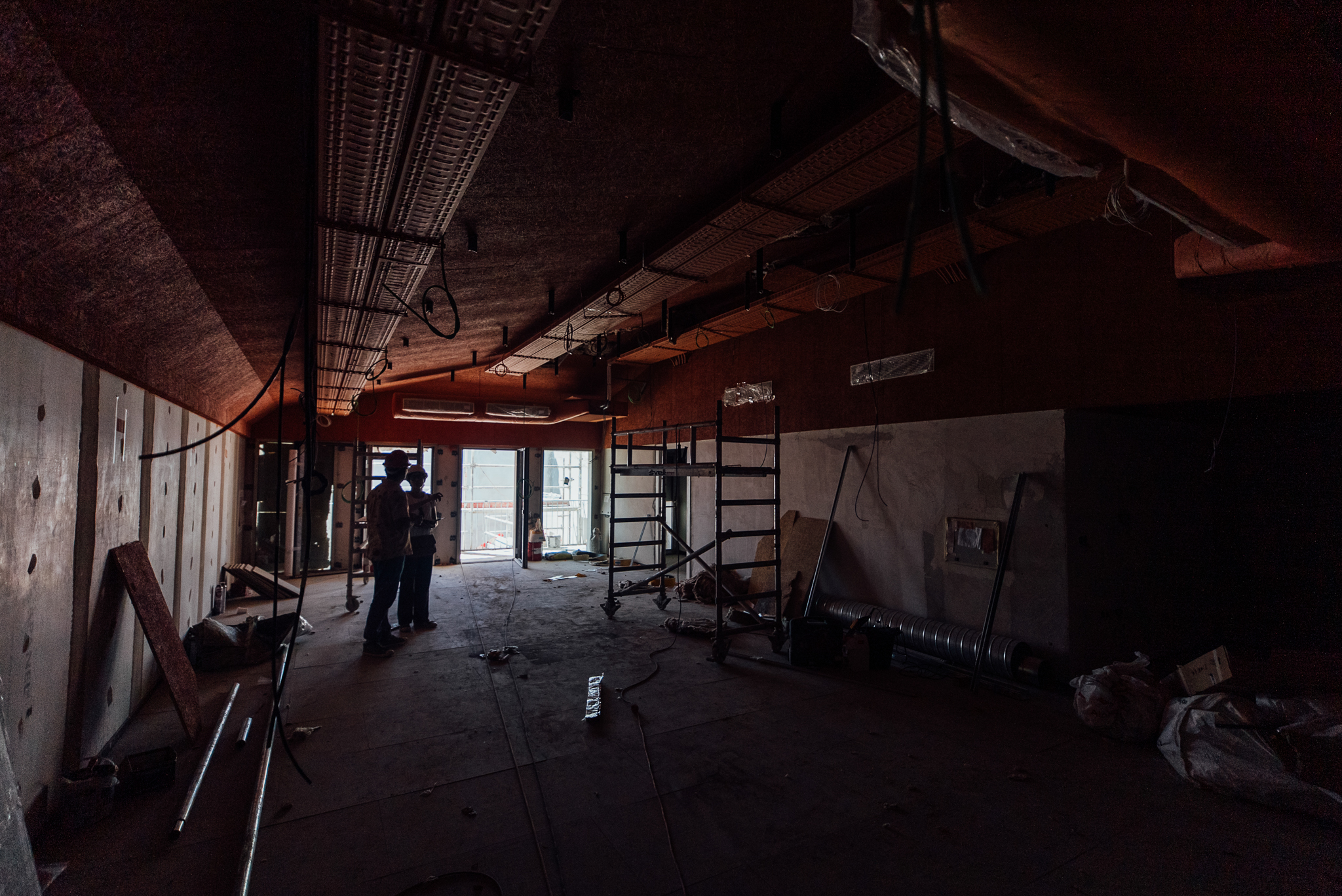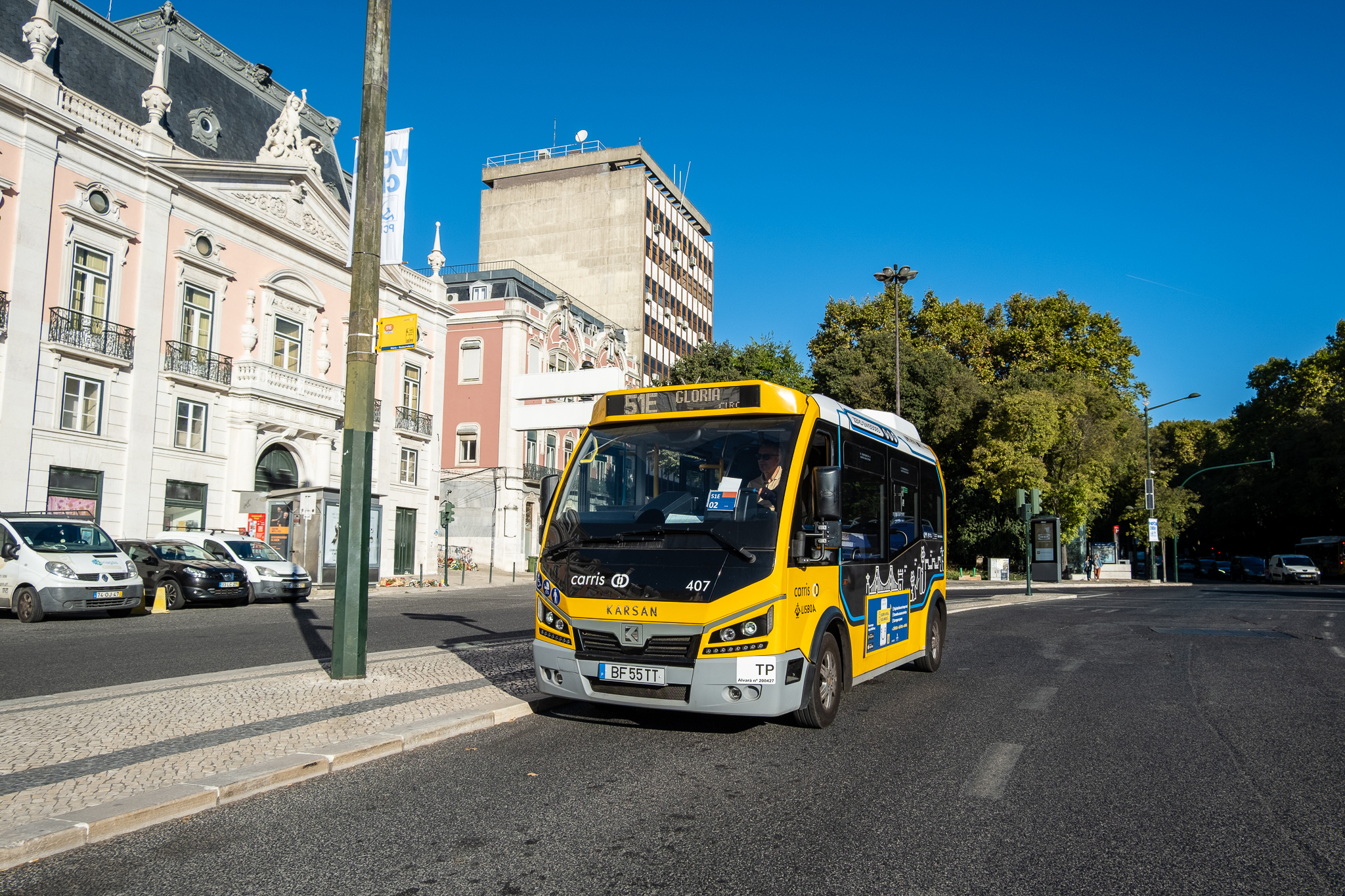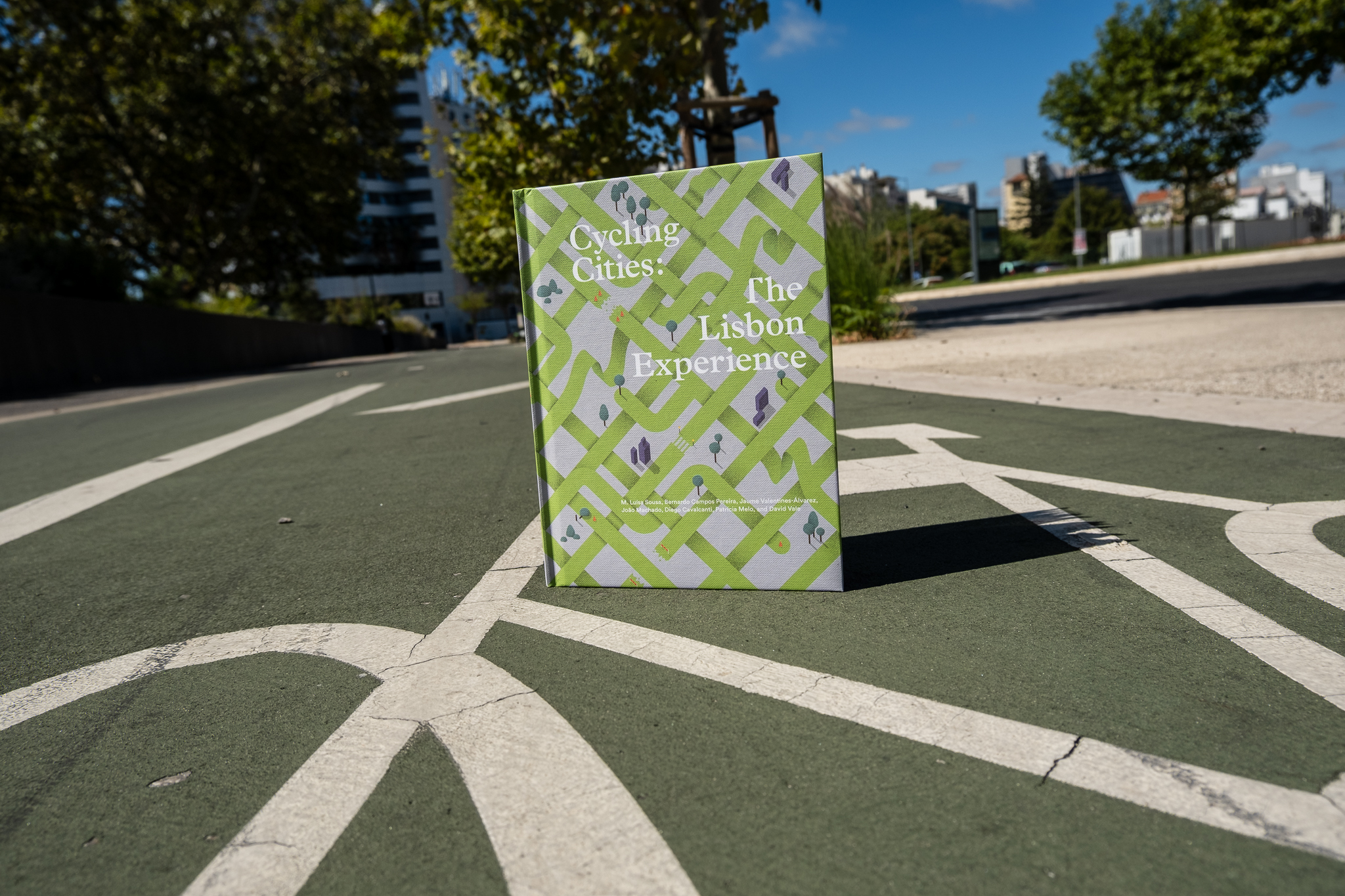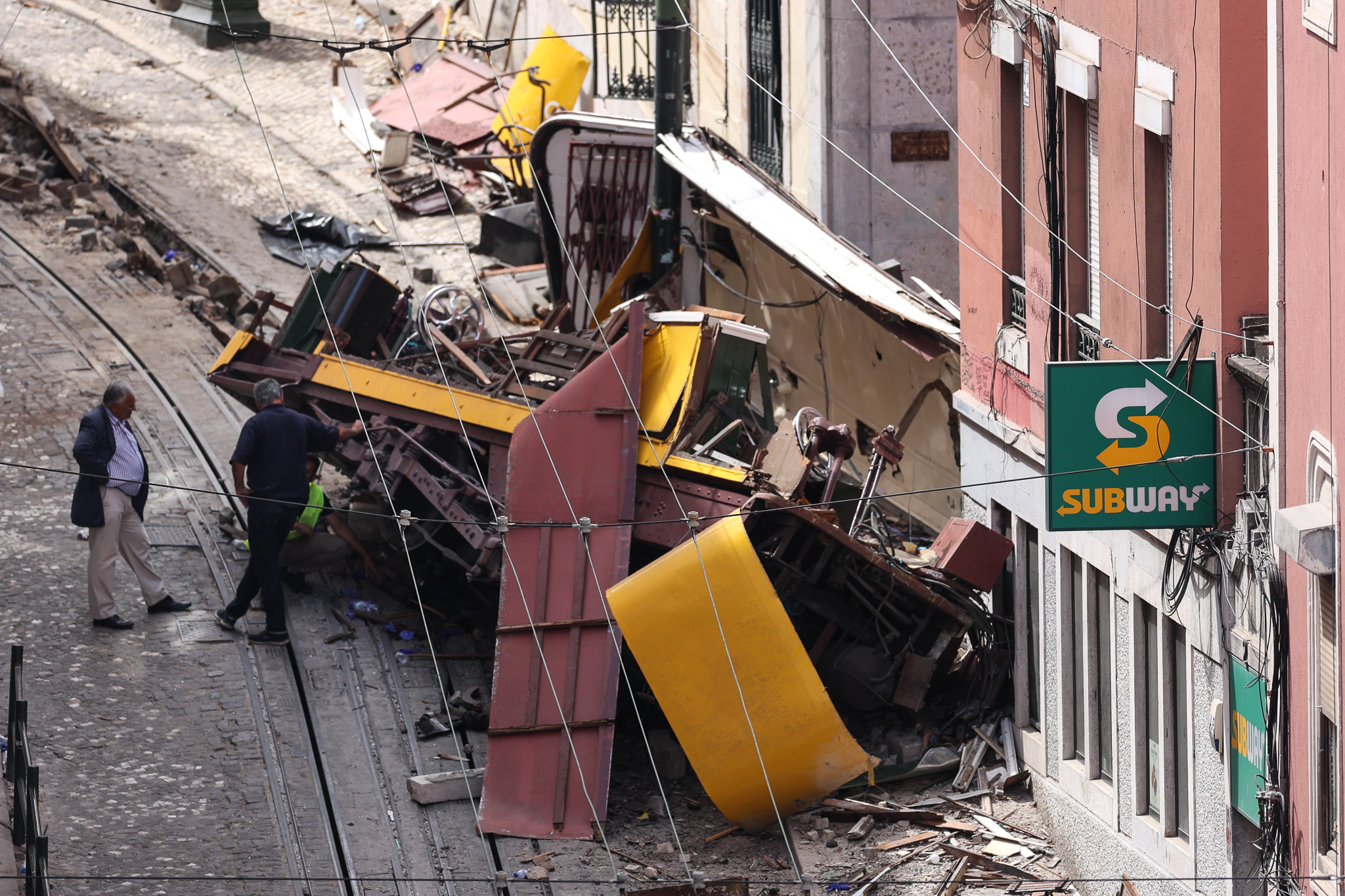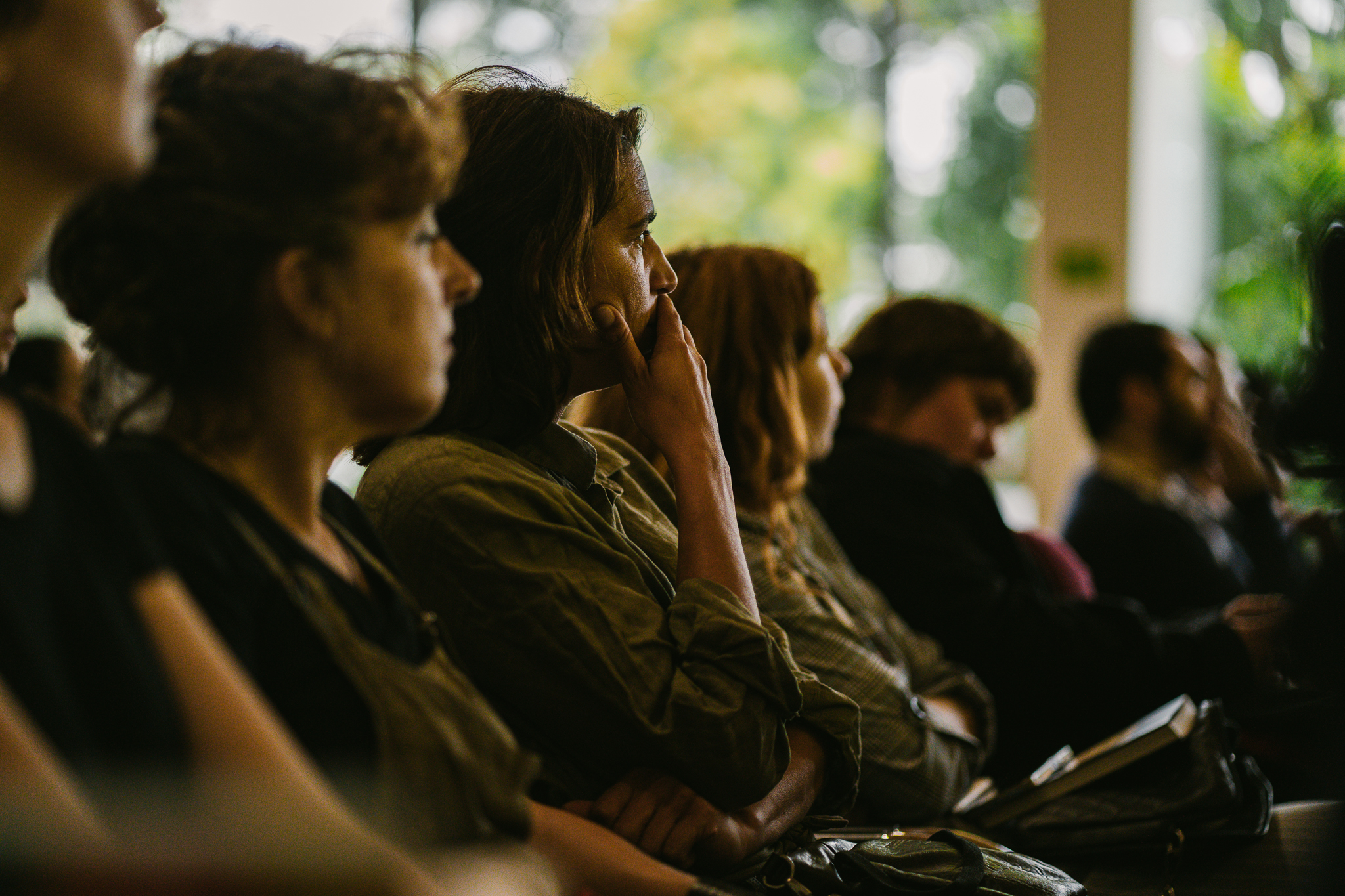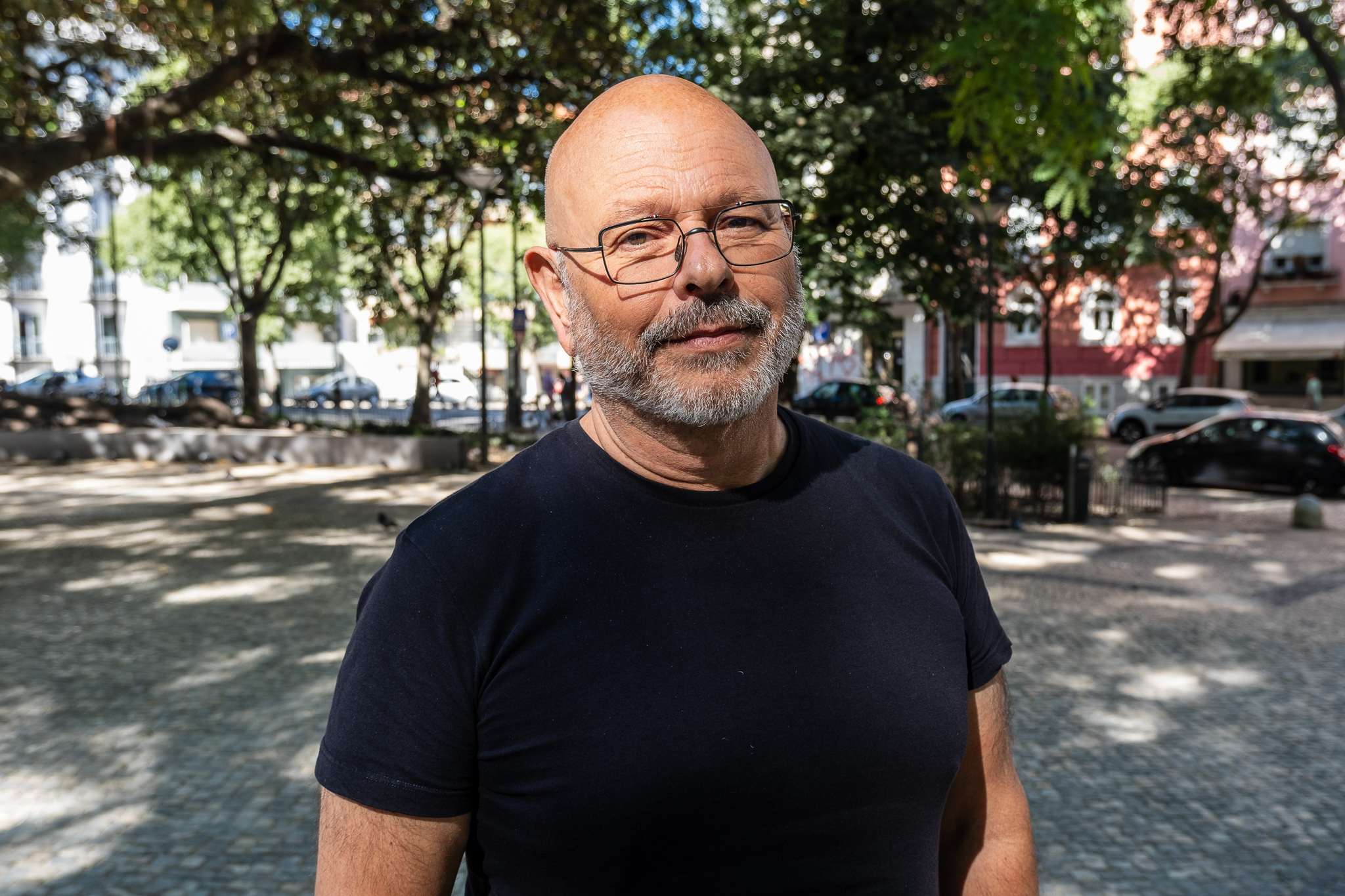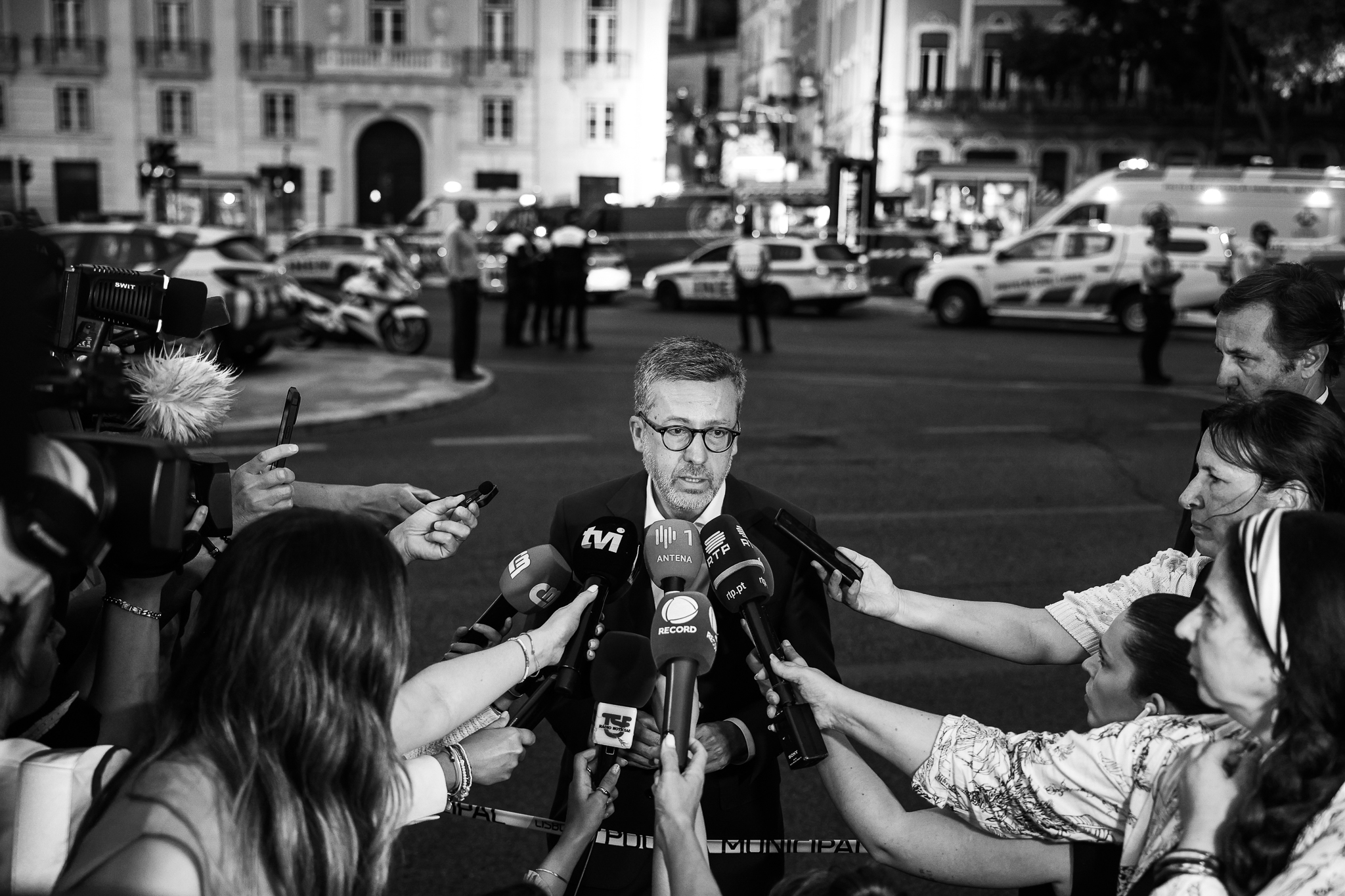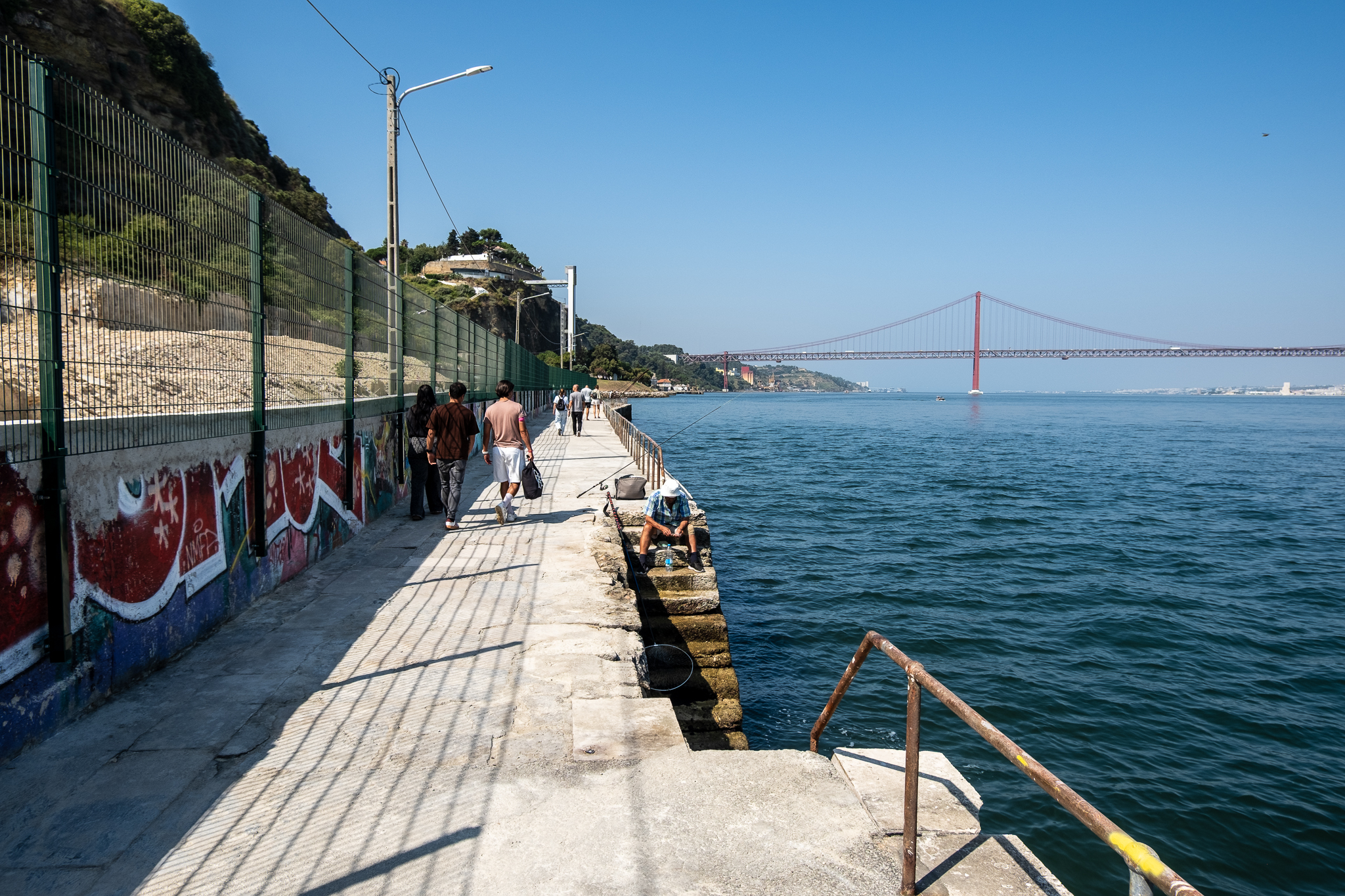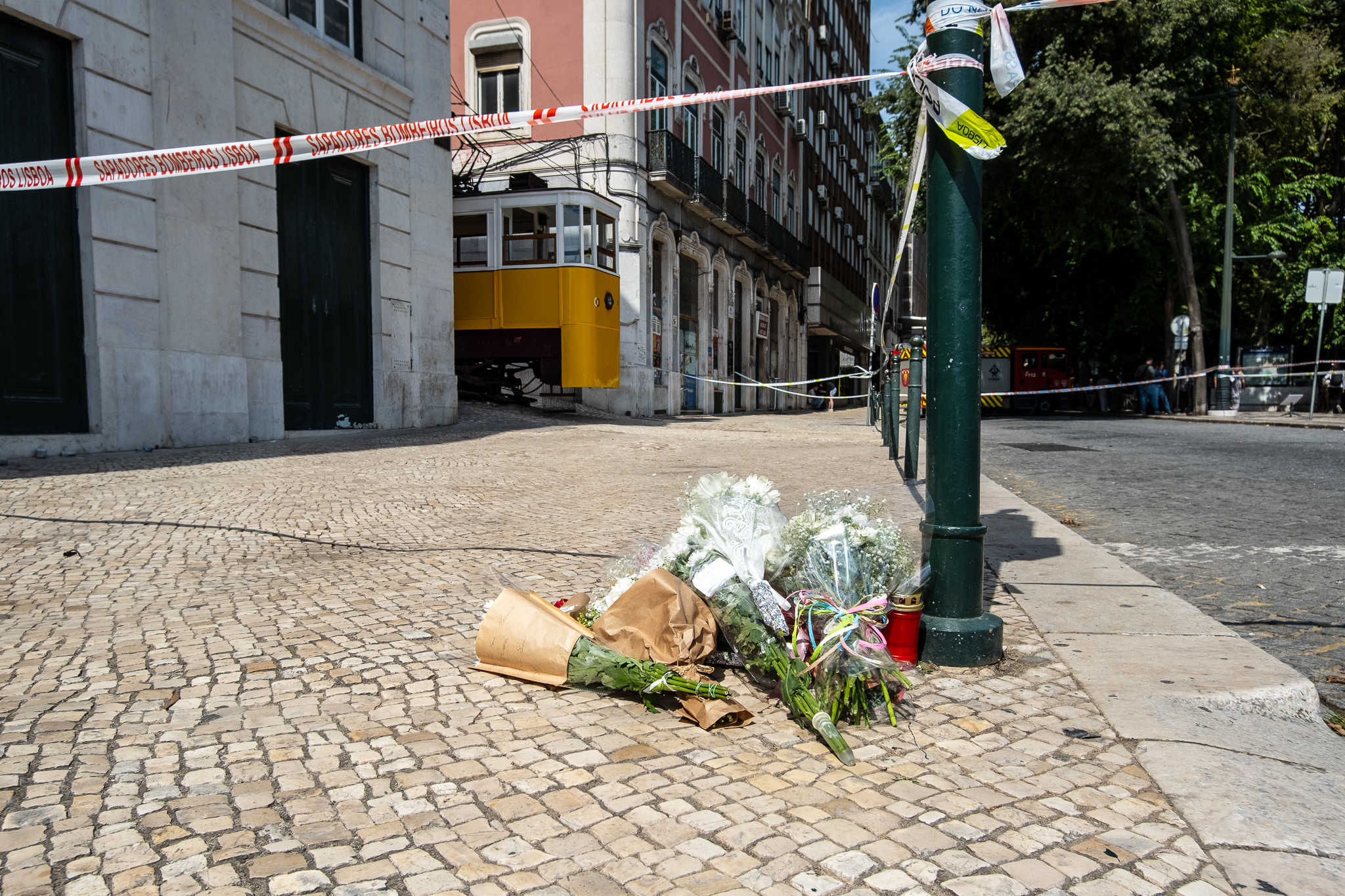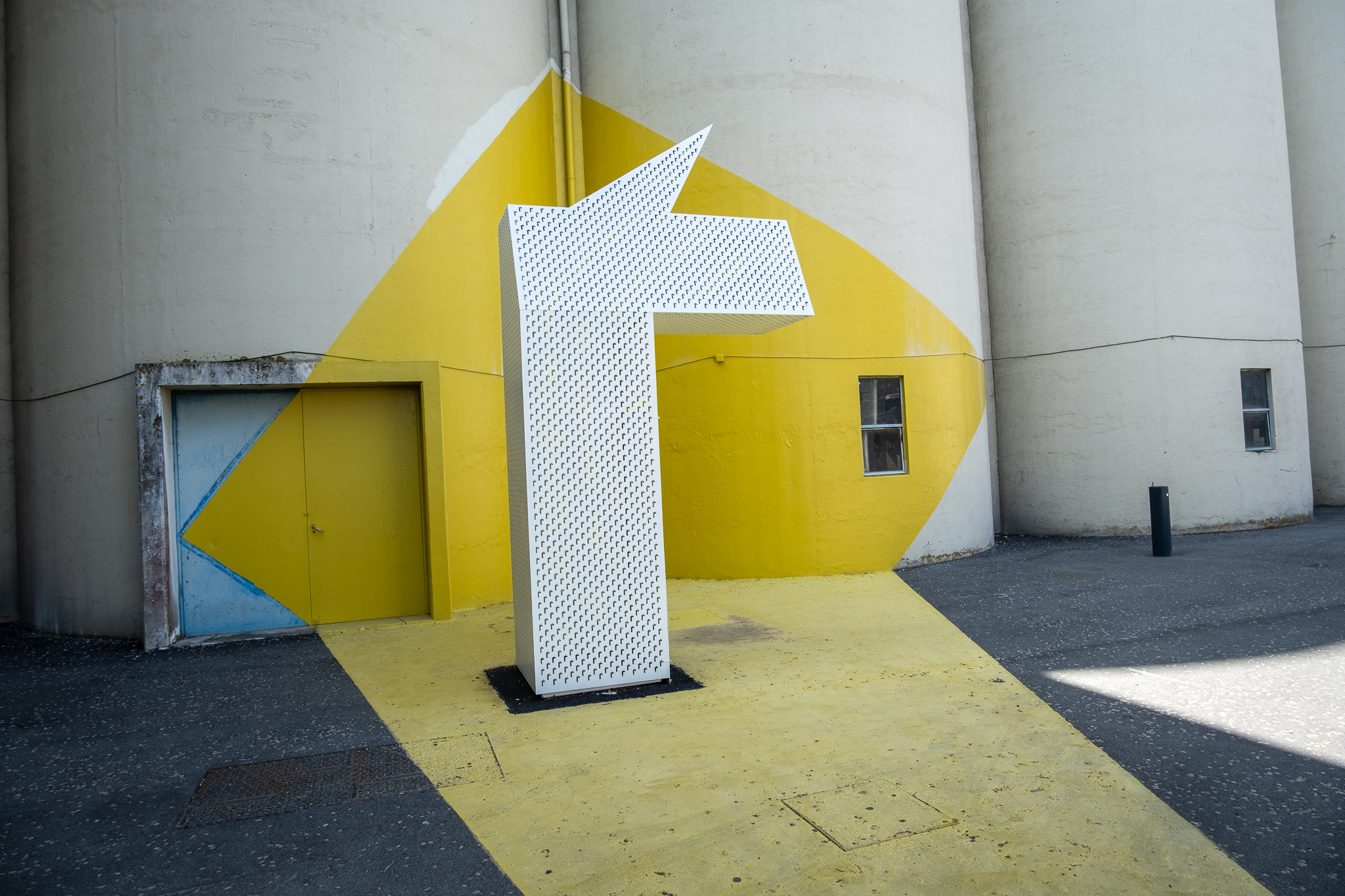Third edition of the Sustainable Campus Conference will take place online. It promises to be, once again, a forum for discussion and reflection on the sustainability of universities and polytechnics.
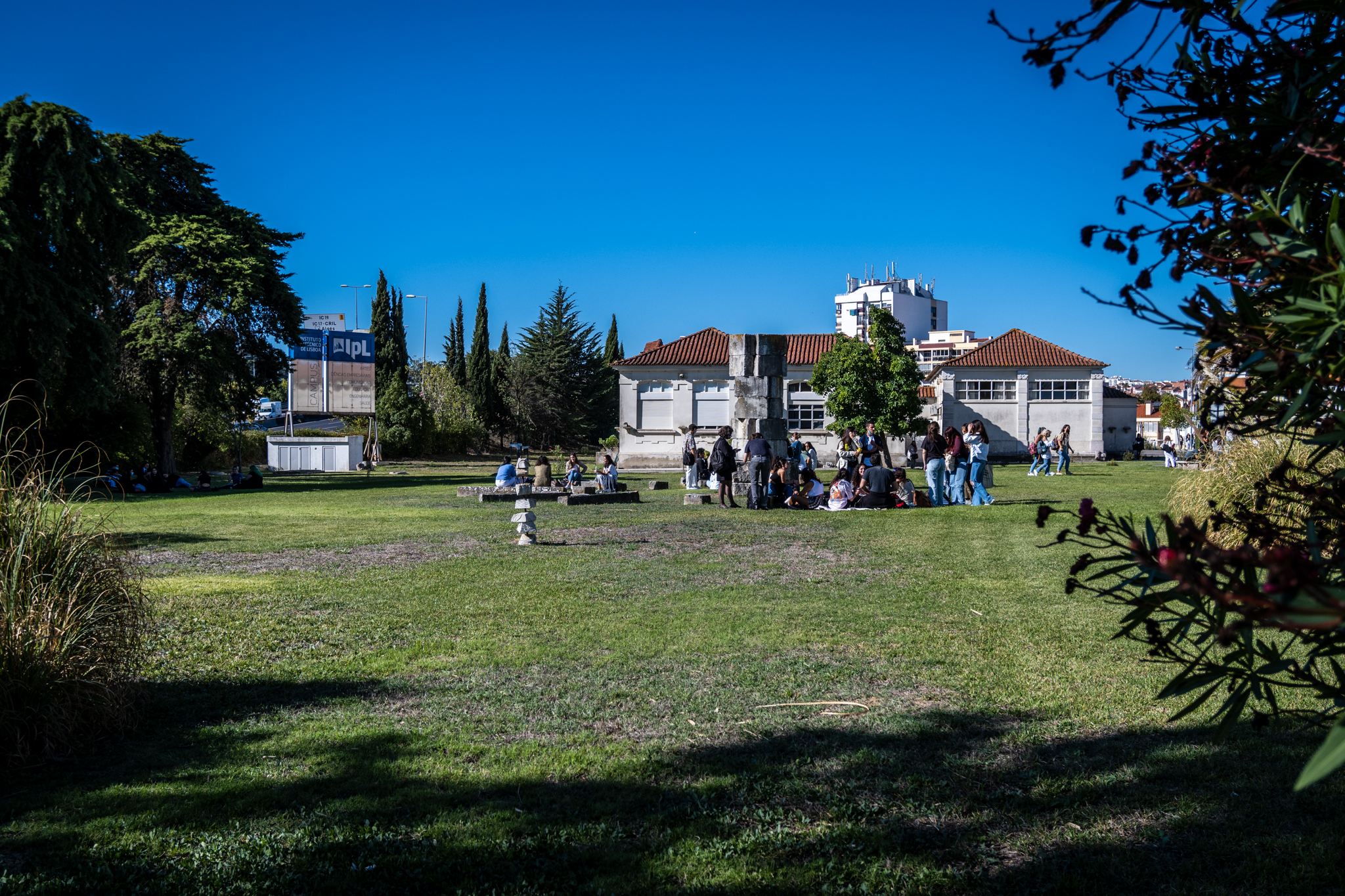
How to create sustainable campuses in universities and polytechnics from an environmental, social and economic point of view? What challenges and opportunities? These are the issues that the Sustainable Campus Network Portugal addresses throughout the year and that, on October 28 and 29, occupied the 3rd Sustainable Campus Conference.
A Sustainable Campus Network Portugal was founded in 2018 and brings together people connected to national higher education institutions - it is a cooperation network for the implementation of sustainable development practices in universities and polytechnics from north to south of the country, on environmental, social and economic aspects. The Sustainable Campus Network Portugal addresses issues such as mobility, energy efficiency, water efficiency, circular economy, waste management or food consumption.
With activities throughout the year, the Sustainable Campus Conference is, however, the main meeting moment of this Network. The 2021 edition, which is the thirdonce again aims to be a forum for discussion and reflection on the latest advances in research, innovation and practice in the implementation of the Sustainable Development Goals (SDGs) in Higher Education institutions in Portugal and in Lusophone countries.
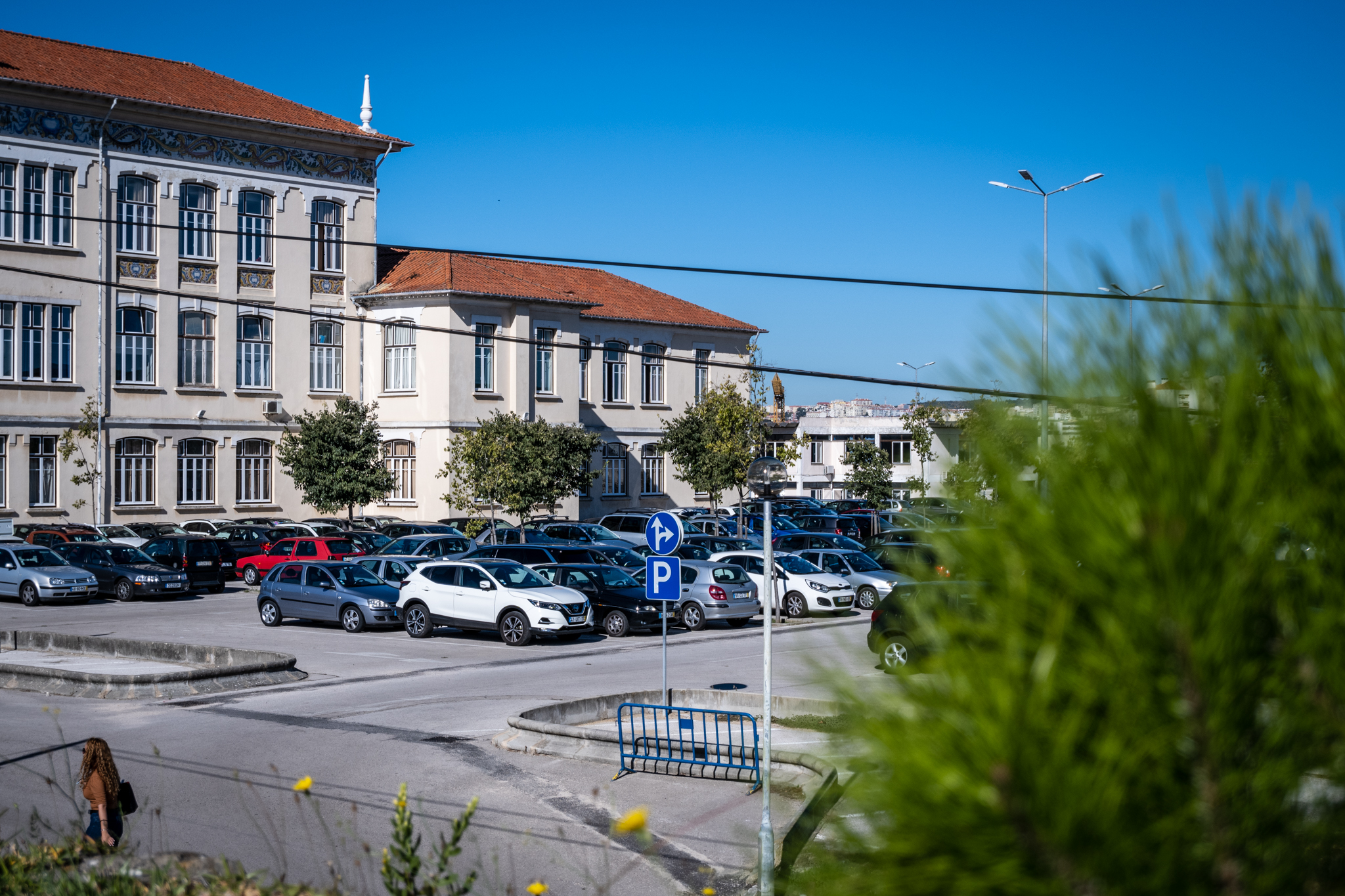
The third Sustainable Campus Conference (CCS2021) is promoted by the Sustainable Campus Network Portugal with the Polytechnic Institute of Lisbon; it will take place on October 28th and 29th from Lisbon School of Health Technology.
Under the theme "Sustainable Campus: Challenges and OpportunitiesThis event also intends to serve as a platform for collaboration and exchange of ideas between students, academics, researchers and experts, in the search for intelligent and innovative solutions for a more sustainable future. Registration costs 15 euros for students and 20 euros for all other participants. through this form.
You can learn more about the Sustainable Campus Conference on the official website and see the full program below. The program consists of plenary sessions on both days and a set of parallel sessions; on the 29th, one of the series of parallel sessions will run simultaneously with a workshop. In addition to the initiatives mentioned below, the event will include some meeting events of the Sustainable Campus Portugal Network.
Program
October 28th
14h00 - Opening Session
14h30 - Plenary Session: "Why have we been late to the Anthropocene tasks?" - with Viriato Soromenho-MarquesUniversity of Lisbon
15h15 - Parallel Sessions 1:
Smart Operations and Initiatives for a Sustainable Campus
- "The Technical Sustainability Initiative" - by Mário Matos and Miguel Amado
- "Esepilipor Project: Educate. Raise awareness. Involve. Prioritize." - by Ana França and Luciana Rocha
- "Green Lab Initiative: On The Path Of Sustainable Research - by Joana Magalhães, Chiara Perrod, Andreia Fernandes, Isabel Amaral, Christiane Salgado, Claudia Monteiro and Bruna Costa
- "Noise Pollution at the Benfica Campus of the Polytechnic Institute of Lisbon: Exploratory Assessment for a Participatory Intervention" - by Maria João Silva. Alexandra David and Jaime Reis
Promoting the Social and Cultural Dimension of Sustainability on Campus
- "Young People's Attitudes towards the Environment - by Carlos Manuel de Sousa Albuquerque and Elsa Loureiro
- "Social Responsibility and Sustainability Implementation in Higher Education Institutions: Review of Existing Approaches" - by Cláudia Ribeiro, Sandra Caeiro and Susana Leal
- "Empowering Non-academic Staff For Universities' Sustainability Implementation: Learning Outcomes Of The Eusteps Training Course" - by Paula Bacelar Nicolau, Sandra Caeiro, Sara Moreno Pires, Mahsa Mapar, Mariana Nicolau, Ana Paula Gomes, Helena Nadais, Marta Ferreira Dias, Myriam Lopes and Georgios Malandrakis
- "Healthy Neighborhoods and Families in Action (Bs325/2020): Integrating Sustainability into Surrounding Community Interactions" - by Nelson Brito, Irma Brito and Fernando Mendes
Education for Sustainability
- "IPS ComVida - Knowing and Spreading Biodiversity at the Polytechnic Institute of Setúbal - by Helena Simões, Diogo Oliveira José Sousa, Silvia Ferreira and Sónia Santos
- "Education for Sustainability based on the Working Methodology of the Young Reporters for the Environment Program" - by Catarina Hencleeday and Vitor Manteigas
- "Ec2u: Education for Sustainability as a Response to Sustainable Development Goal 11 - Sustainable Cities and Communities" - by Ana Rita Amaral, Luisa Dias Pereira, Manuel Gameiro da Silva, Luís Cruz, Jukka Käyhkö and Myriam Lazard
- "Pant@ESELx: A Project for the Didactic Enhancement and Exploitation of Plant Resources" - by Nuno Melo, Carlos Telo and Pedro Sarreira
October 29th
9h00 - Plenary Session: "Building cultures of collaboration: the role of networks in mainstreaming (E)SD in European higher education institutions" - with Ingrid Mulà, from COPERNICUS Alliance
9h45 - Parallel Sessions 2:
Smart Operations and Initiatives for a Sustainable Campus
- "CO2eq Emissions Associated with Travel Related to Scientific Activity: FCUL Case Study". - by Lyana Domingos, Carla Silva and João Serra
- "Electric Collective Transportation at the State University of Campinas" - by Guilherme Salustiano
- "Comparative Study of HVAC Systems for Improved Building Sustainability" - by Gustavo Barreira and Cláudia Casaca
- "The U-Bike Portugal Project: The Implementation in the Green, Healthy and Safe Campus of the Polytechnic Institute of Cavado and Ave (IPCA) in Barcelos of the Cabi U-Bike Sustainable Mobility Project" - by José Elias Ramalho And Heitor Junior
Education for Sustainability
- "Education for Sustainability: MOOCs as an Empowerment Strategy" - by Sandra Miranda, Marina Almeida-Silva, Pedro Sarreira, Cristina Camus, Ana Monteiro, Alexandra David, Vitor Manteigas and Renato Abreu
- "Carelab For People And Planet: Creating a Transformative Learning Space in a Portuguese Higher Education Institution" - by Antje Disterheft and Tomas B. Ramos
- "Proposed Strategic Approach for Promoting Environmental Culture in Higher Education" - by Helder Spinola
- "Design Thinking Applied to the Problem of Cigarette butts on Campus" - by Aldina Soares, Bruno Ventura, Daniel Pereira and Marisa Romão
From Linear to Circular Thinking
- "Boosting Circularity At School Of Agriculture (ISA) Campus Through Light House Projects" - by Rita Fragoso, Luisa Valério, Cláudia Cordovil and António Brito
- "Circular Economy Ideas Competition 'From Linear To Circular Ideas' - 2021 Edition, Part I" - by Murillo Vetroni Barros, Denner Nunes and Constança Riqueiro
- "Integrated Multitrophic Systems for Sustainable Production" - by Ounisia Santos, Judite Vieira, Fernando Sebastião and Raúl Bernardino
- "Chicken Tractors: An Efficient and Sustainable Link in Closed-Cycle Agriculture" - by Francisco Azevedo E Silva, Inês Afonso, Afonso Ferreira, Tomás Simões and Florian Ulm
Planning, Governance and Communication
- "Biodiversity@Ciencias: Mobilizing the Science Community to Promote Sustainability on Campus" - by Patricia Tiago and Sergio Chozas
- "Environmental Performance Indicators in Higher Education Institutions: The Case Study of the University of Aveiro" - by Helena Nadais, João Ribeiro, Nuno Dias, Isabel Nunes, Angela Femandes, Dina Horta, Helena Ribeiro, Claudia Correia, Paula Rocha, Rosa Pinho, Antonio Agostinho, Rúben Pereira, Flora Hentz and Ana Velosa
- "Integrating Sustainability into the Strategy of Public Higher Education Institutions in Portugal" - by Carla Sofia Farinha Marina Duarte. Ana Moreira, Sandra Caeiro, Margarida Santos-Reis, João Simão and Constança Riqueiro
11h00 - Parallel Sessions 3:
Promoting the Social and Cultural Dimension of Sustainability on Campus
- "FCULresta: A Miniforest in Science" - by António Alexandre, David Avelar, Cristina Catita, Cristina Cruz, Otilia Correia, Pedro Pinho, Rui Rebelo, Tiago Marques, Jorge Maia Alves and Margarida Santos-reis
- "Knowing to Respect: Biodiversity in Green Spaces - by António Bajanca, Ana Paula Oliveira, Ana Paramés, Ana Cruzvarandas and Carlos Saramago
- "Healthier and Sustainable Food at the ISEL Campus" - by Ana P. Gomes, Ana R. Marçalo, André Lima, Ana M. Barreiros and Hugo F. Silva
- "The IST Green Thinking Project: A Bridge Between Campus and Society for Environmental and Social Enhancement" - by Silvia Di Salvatore, Vânia Proença, Gonçalo Marques, Ana Galvão, Cristina Matos Silva and Inês Ribeiro
Education for Sustainability
- "The Profile of the Community Involved in the Eco-Schools Program: The Case of the Lisbon Higher Institute of Accounting and Administration" - by Teresa Ferreira, Sandra Gancho Custódio, Fernando Seabra, Maria Julieta Azevedo and Ana Dias
- "Sustainable Practices in the Context of IPT Campuses: A Systematic Review" - by Ana Nata, Manuel Barros, Natércia Santos and Marta Dionisio
- "Zero Waste Strategy As a Teaching Experience" - by Emilia Wanda Rutkowski, Regina Clélia da Costa Mesquita Micaroni and Gislaine Aparecida Moreira
From Linear to Circular Thinking
- "Academia, Cities and Communities: The New Frontiers of Sustainability" - by Manuel Barros. Natércia Santos and Ana Nata
- "Complete Streets As Social Integration" - by Thalita Dalbelo and Adriana Dieguez
- "ISEC Lisbon's Ecological Footprint - by Ana Paula Oliveira, Jorge Costa, Valdemar Rodrigues and Luis Moreira
- "The Carbon Footprint of Higher Education Institutions: The Case of FEUP" - by Ana Madeira, Ruben Femandes, António Marques, Carlos Costa, Joana Dias, Manuel Pereira, Maria Lopes, Paula Rego, Mariana Bastos, Susana Ribeiro and João Falcão e Cunha
Planning, Governance and Communication
- "The Project 'Sustainable Technician - Environment Society Economy', Balance of One Year of Activities for the Sustainability of Ist" - by Silvia Di Salvatore, inês Ribeiro, Tiago Domingos, Beatriz Silva, Marta Almeida and Marta Pile
- "Promoting Sustainable Development Goals In the Living Laboratory for Sustainability @ Faculty of Sciences, University of Lisbon" - by Pedro Pinho, Carla Silva, Catarina Barros, David Avelar, Jorge Maia-Alves, Filipa Pegarinhos, Hugo Jesus, Júlia Alves, Margarida Santos-Reis, Miguel Brito, Miguel Costa and Pedro Almeida
- "Closing the Circle: The Action Plan for Prosperity at ISCTE" - by Ana Simaens, Catarina Roseta-Palma and Carla Farelo
- "From Strategy to Practice at ISEP: Challenges for a More Sustainable Campus - by Marina Duarte and Roque Brandão
14h30 - Plenary Session: "FEE EcoCampus: Empowering students to be leaders for sustainability" - with Daniel Schaffer, from Foundation for Environmental Education
15h15 - Parallel Sessions 4:
Smart Operations and Initiatives for a Sustainable Campus
- "Applications of Ventilated Double Facades in University Buildings to Harness Renewable Energy" - by Eusébio E. Conceição, João M. Gomes and Maria Manuela Lúcio
- "Water Efficiency: Case Study of the Future Residence for Students of the Polytechnic of Leiria" - by Tânia Castro, Ricardo Gomes and Vânia Ribeiro
- "IPVC Smart & Sustainable Campus (IPVC-S2S): The Campus as an Innovation Ecosystem" - by António Curado and Sérgio L. Lopes
- "Hybrid Solar, Wind, Biomass and Geothermal System Study at ISEL" - by Gustavo Ferreira, Nuno Domingues and Carlos Loureiro
Education for Sustainability
- "Youth Perceptions of Local Sustainability: A Case Study in Beira Baixa Schools" - by Sandra Manso, Sandra Caeiro and Carlos Pardo
- "AEFCL's Challenges in the Face of Sustainability - by Catarina Barros, Hugo Jesus and Miguel Costa
- "From Eco-School to Ecocampus - by Margarida Gomes and Giovanni Giorgetti
- "Promoting Environmental Sustainability in Higher Education Institutions: ESTeSL Case Study" - by Ana Monteiro, Marina Almeida-Silva and Vitor Manteigas
15h15 - Workshop "The Climate Fresk": O Climate Fresk is a French non-profit organization with a mission to raise awareness of climate change and educate one million people on the fundamentals of climate science through a workshop that is intended to be fun and collaborative. Led by Martim Grange, this will be a scientific workshop, based on 42 charts that resulted from the work of the United Nations Intergovernmental Panel on Climate Change (IPCC), that will raise awareness of climate deregulation in a playful and collaborative way.

